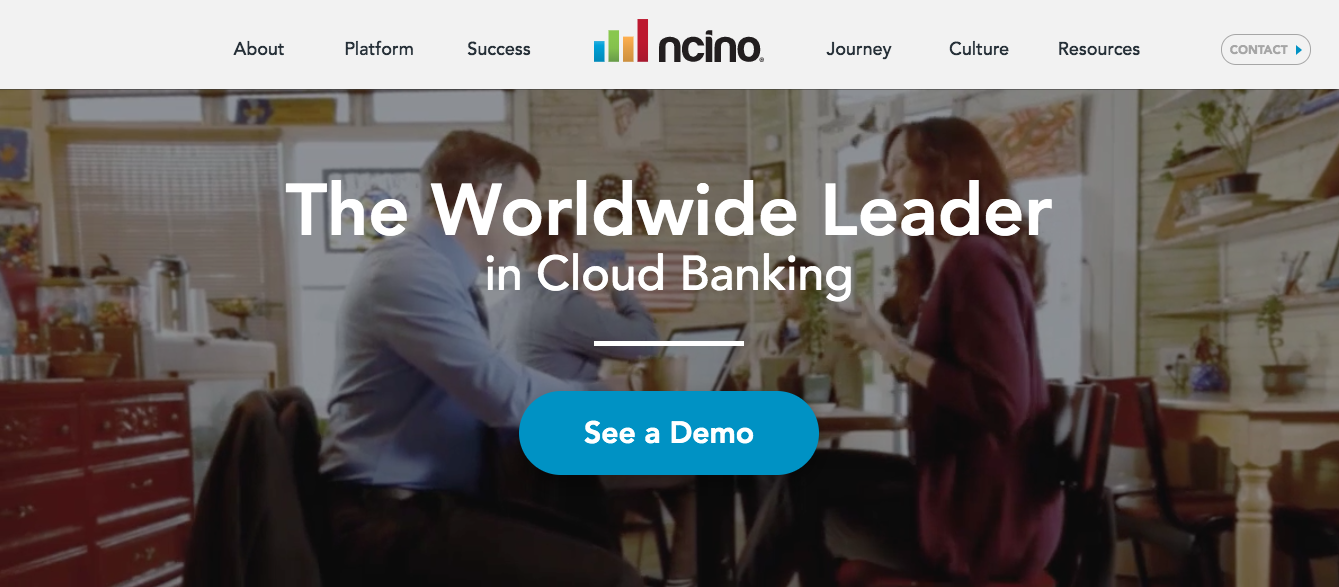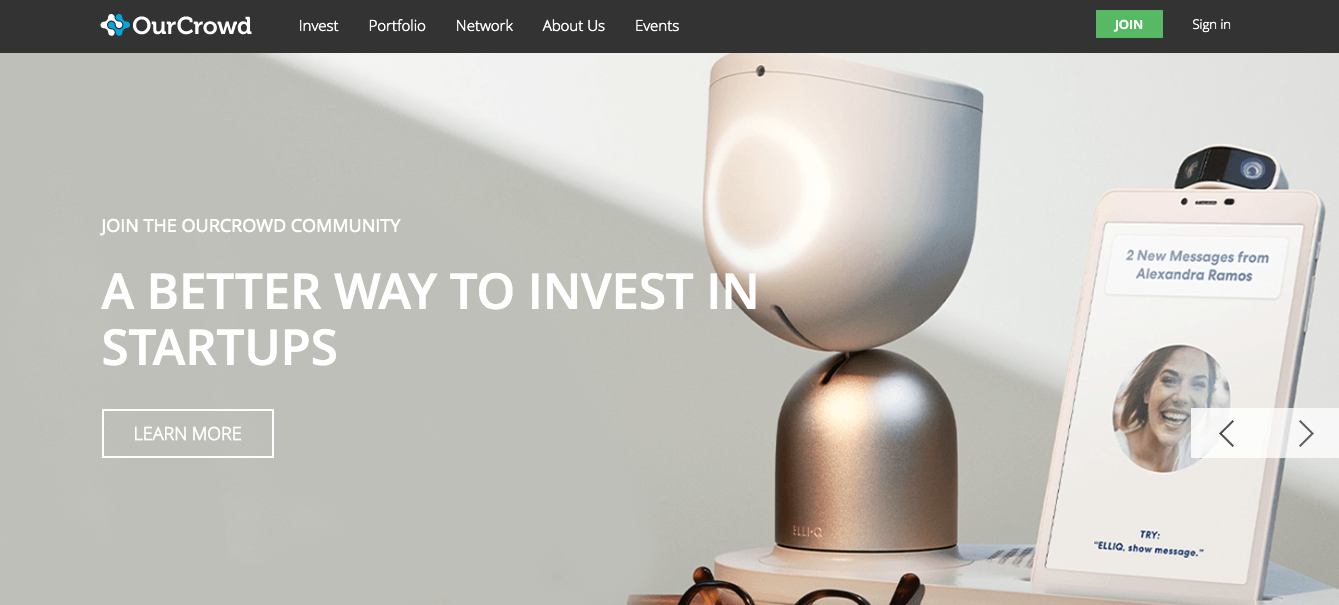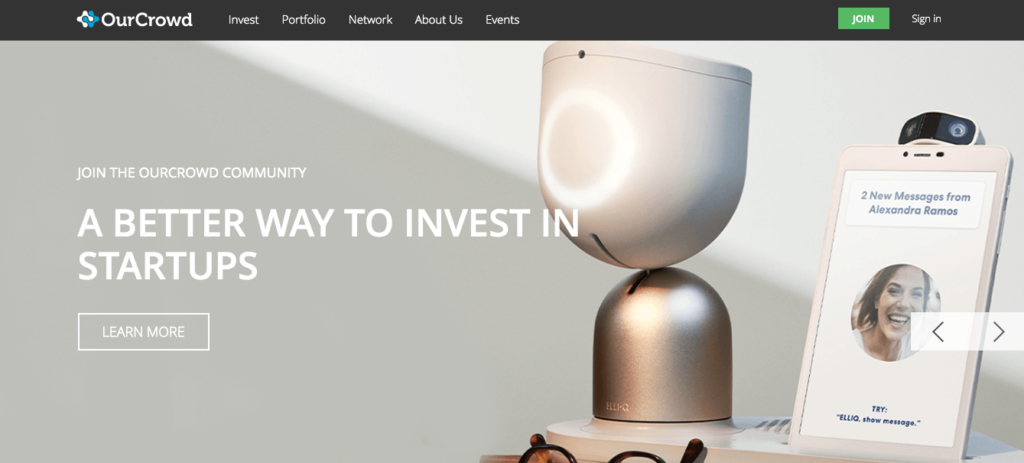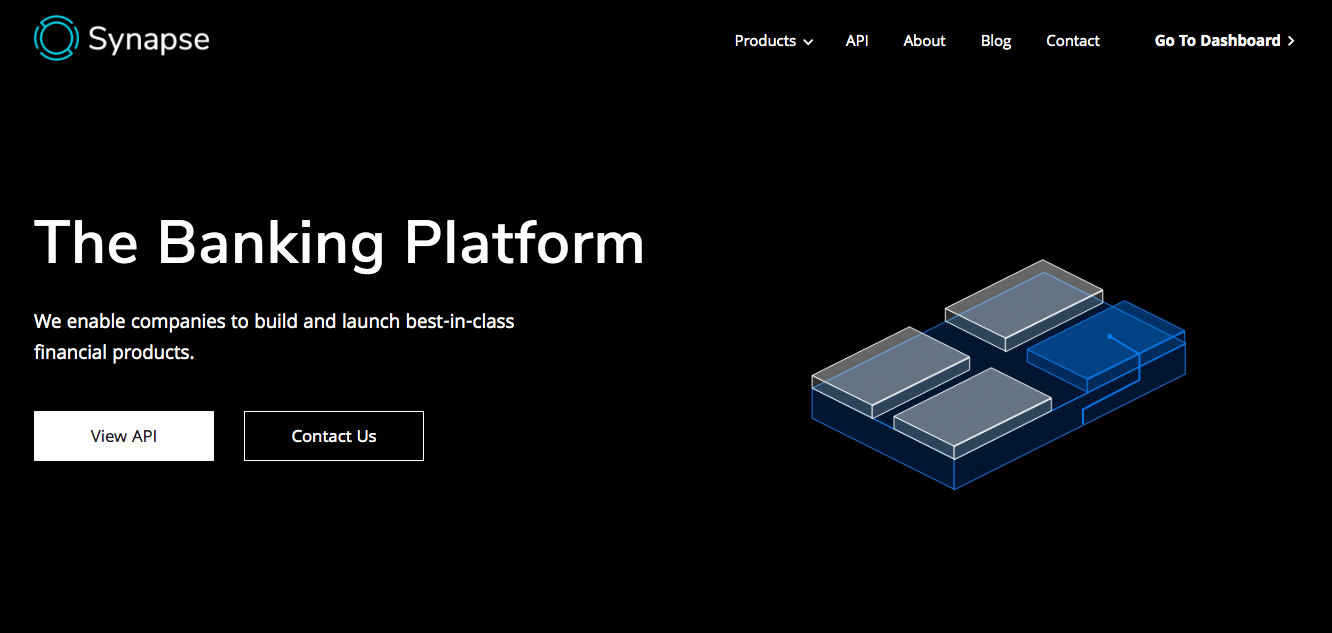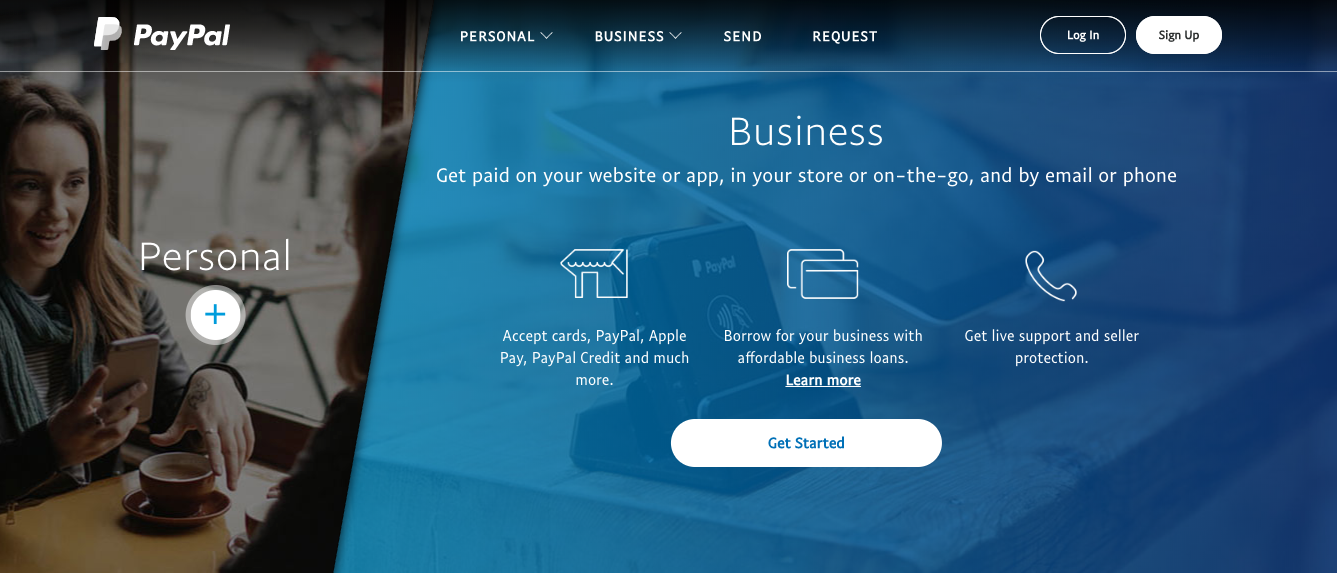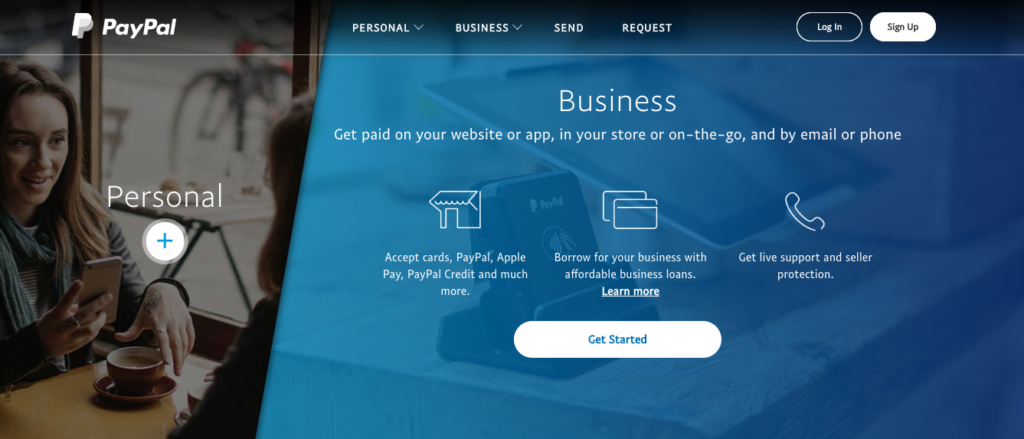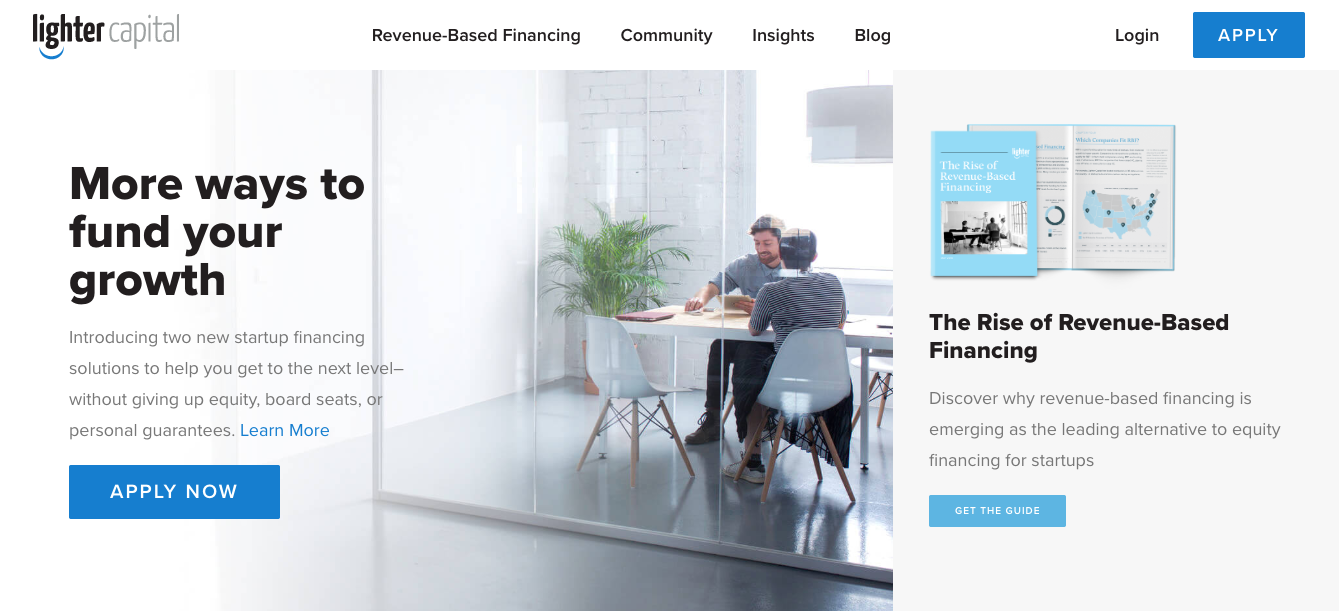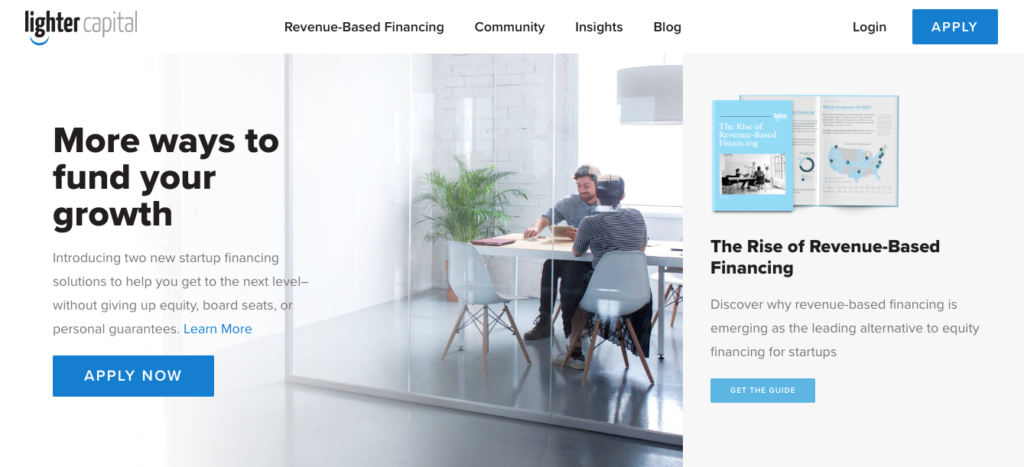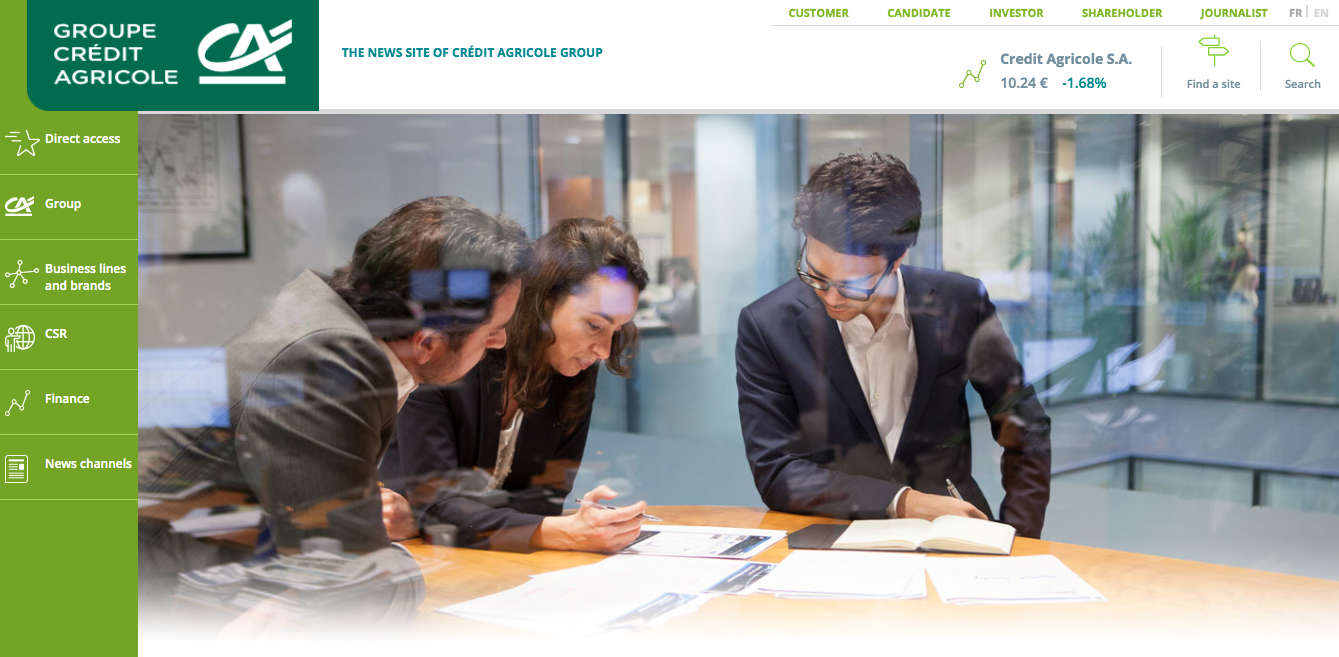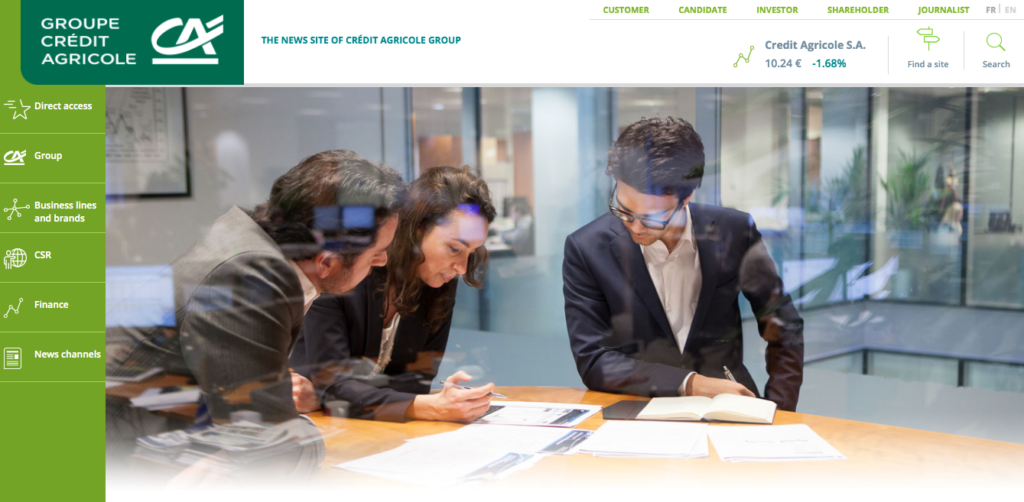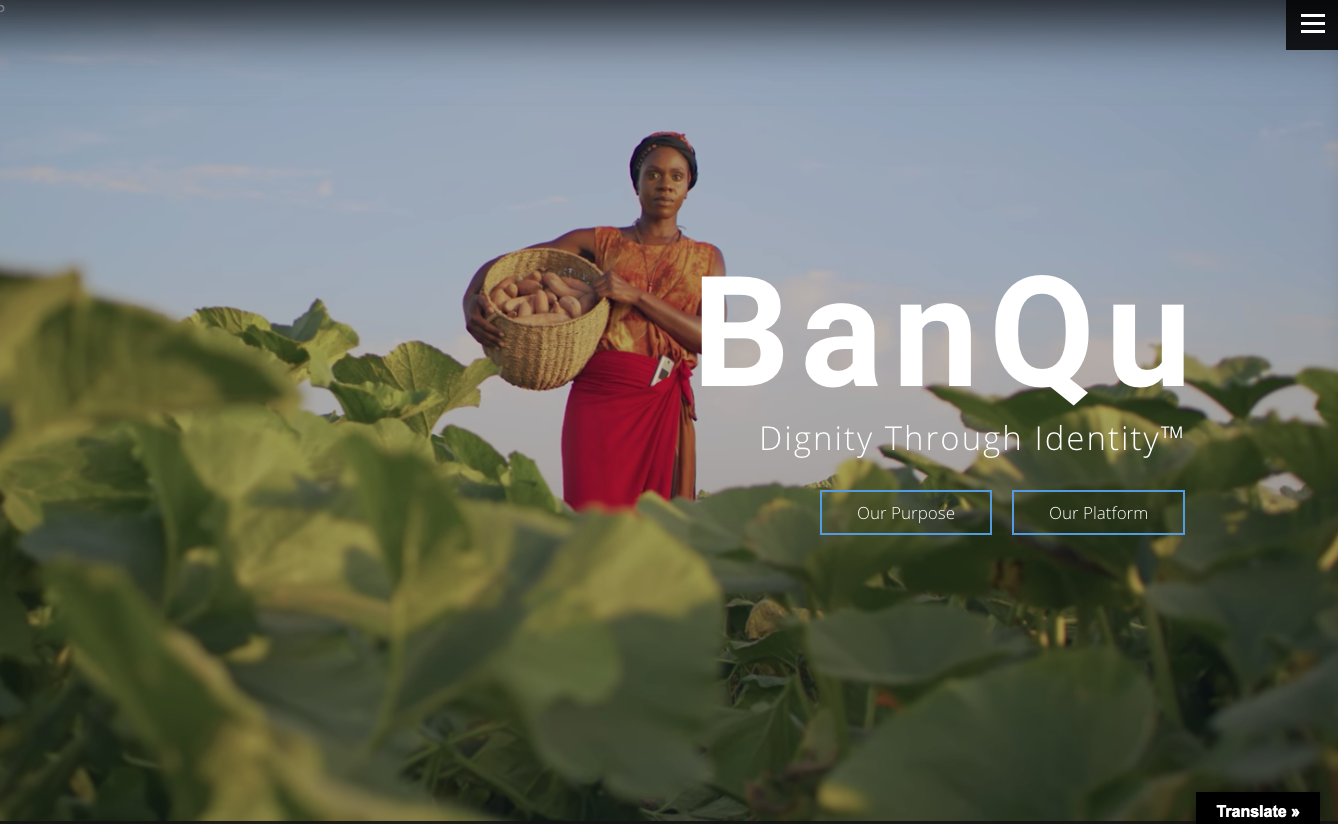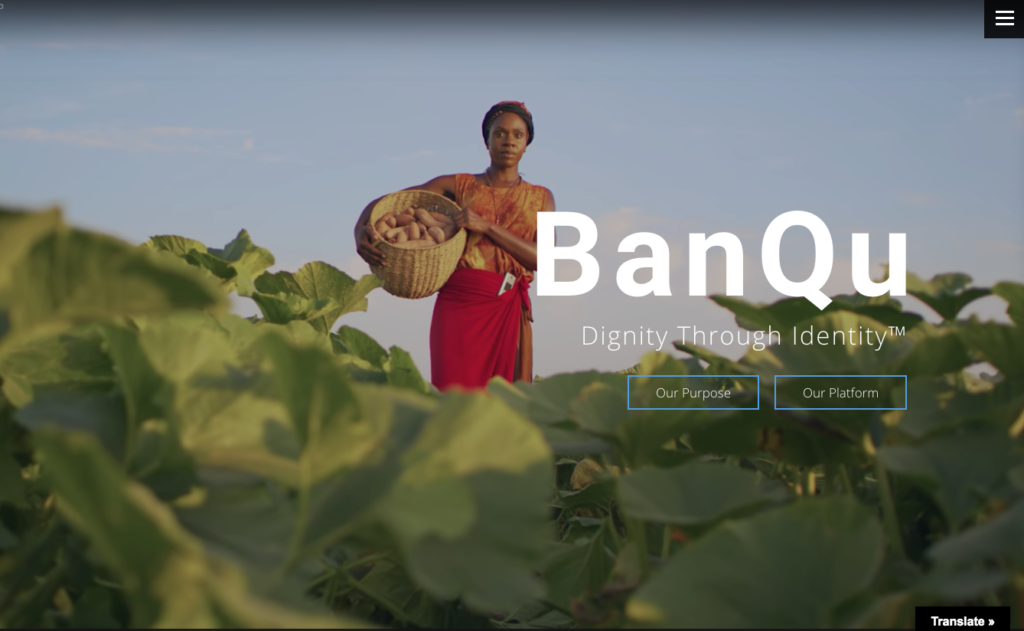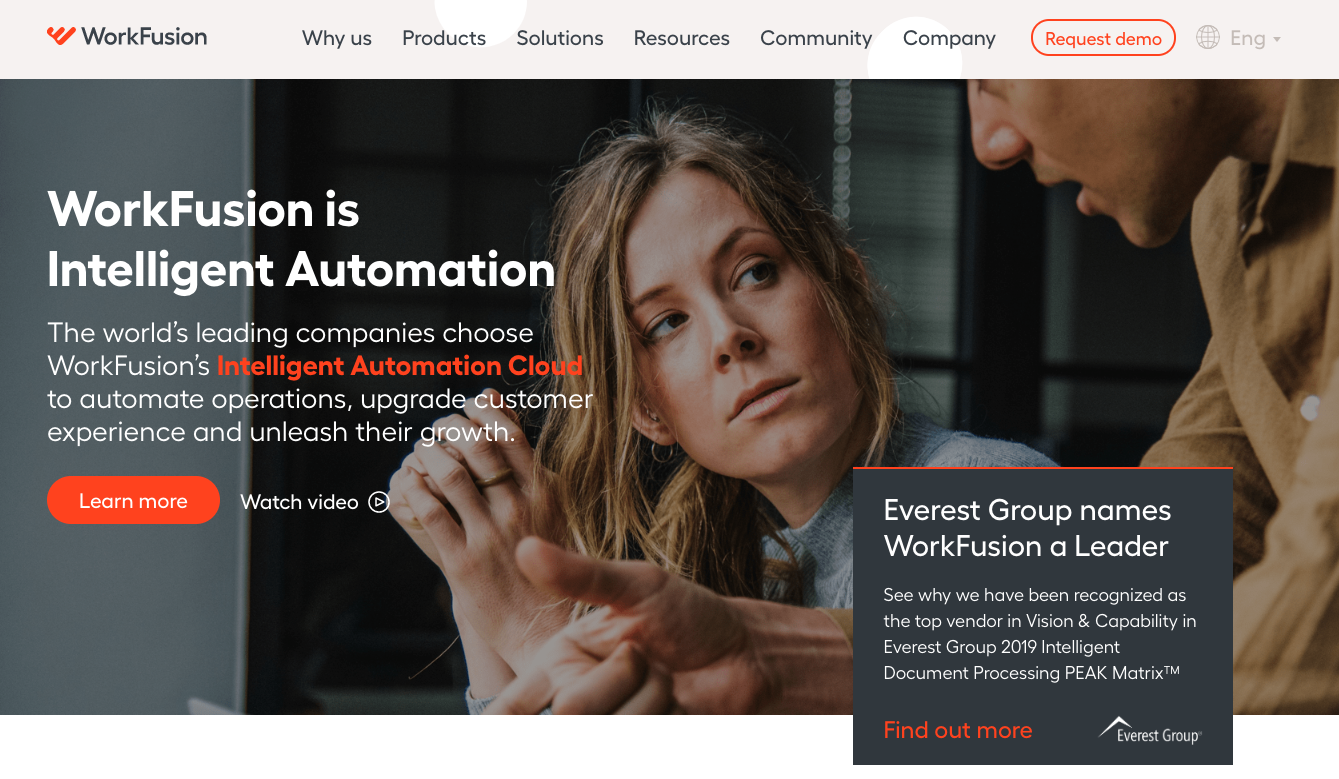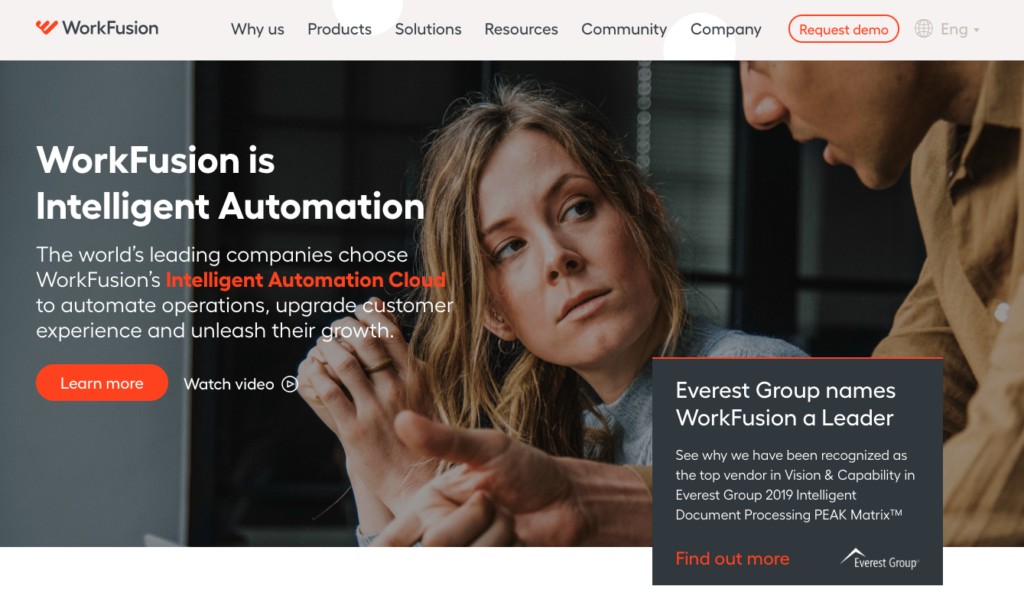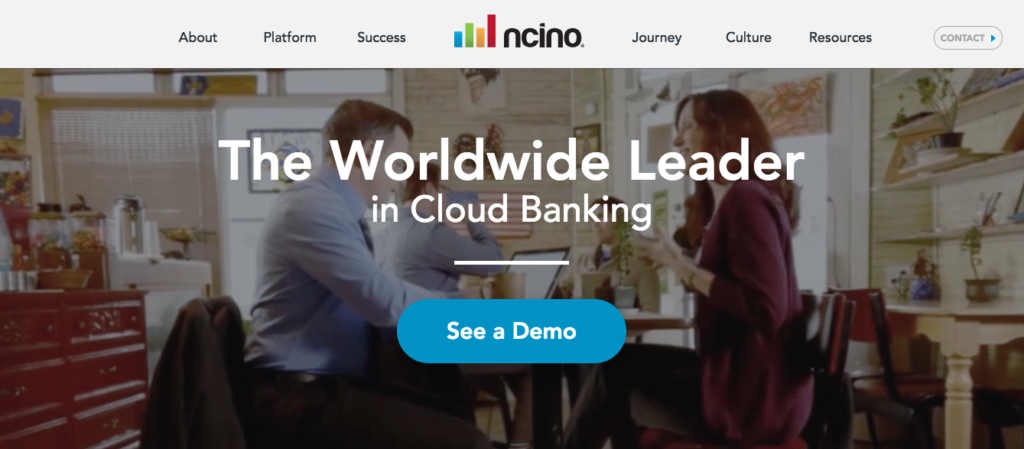
Cloud banking provider nCino announced today it will power a digital banking experience for South State Bank’s commercial banking customers.
The South Carolina-based bank will leverage the nCino Bank Operating System to improve its operations and provide a digital, omni-channel solution for its 700,000 customers across the Carolinas, Georgia, and Virginia. Specifically, South State hopes to improve its CRM technology, customer onboarding, account opening, workflow, credit analysis, enterprise content management, and instant reporting capabilities.
“It’s important to us to offer the right combination of high-touch personalized banking expertise and high-tech capabilities,” said President of South State Bank Greg Lapointe. “We’re committed to delivering exceptional service and believe nCino’s market-leading platform will provide our staff with the right tools and digital infrastructure to quickly and efficiently serve customers’ evolving needs.”
nCino demonstrated its Bank Operating System at FinovateEurope 2017. The North Carolina-based company offers a holistic platform that integrates the bank’s core system, as well as third party applications, while replacing dated solutions and manual processes.
The company has more than 200 clients from credit unions to banks with more than $10 billion in assets under management. Some of the company’s customers include Navy Federal Credit Union, SunTrust, Santander, and Regions.
So far in 2019, nCino has sparked a partnership with Accenture and landed clients from across the globe, including Sydney-based Thinktank, Stockholm-based DBT Företagslån, U.K.-based Project BankNorth, and Belgium-based Centrale Kredietverlening bank.
Since it was founded in 2012, nCino has raised $133 million in funding from the likes of Salesforce Ventures and Insight Venture Partners. Pierre Naudé is CEO.
